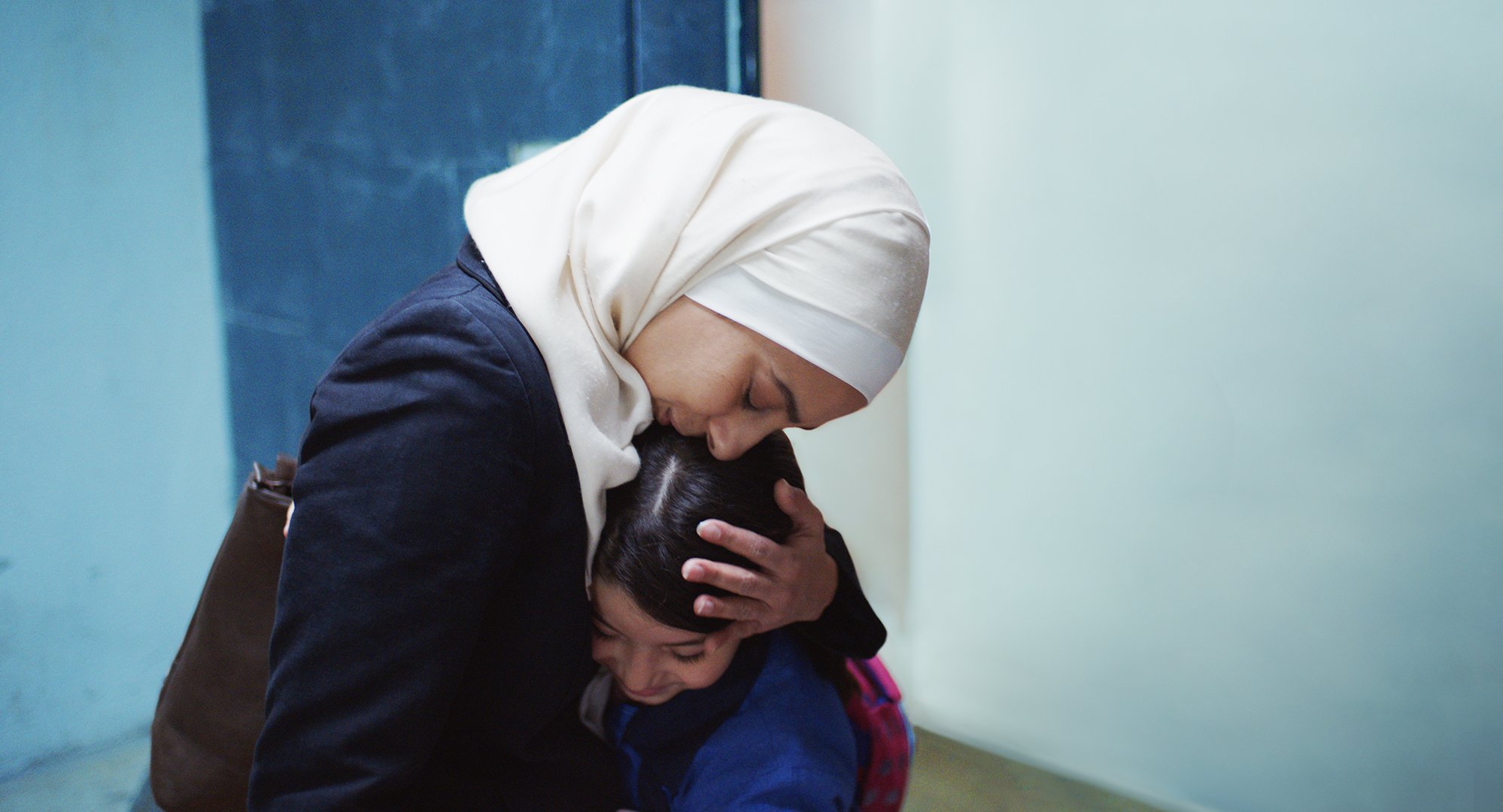Inshallah a Boy Review - Melbourne International Film Festival
Presented in Melbourne International Film Festival, selected for Cannes' Critics Week and winner of La Biennale di Venezia Prize at Venice Film Festival’s Final Cut.
Imagine your husband dies suddenly and while experiencing that harrowing grief you also have to fight to keep your home and your daughter safe.
Inshallah a Boy is a poignant and thought-provoking film that delves into the struggles faced by its protagonist, Nawal, as she grapples with grief and fights to protect what she has worked so hard for.
Directed by Amjad Al Rasheed and co-written by Rasheed, Delphine Agut and Rula Nasser, the film beautifully captures the triumphs and tribulations of its characters, presenting a story that is deeply personal to the Director, drawing from the experiences of a close relative.
The cinematography by Kanamé Onoyama contributes significantly to the film's allure, offering a visually captivating experience that transports the audience to the streets of Jordan, immersing them in the narrative.
Mouna Hawa's portrayal of Nawal is nothing short of stunning, showcasing the strength and vitality of our protagonist in the face of seemingly insurmountable challenges. Hitham Omari also delivers in his performance as Rifqi, Nawal's brother-in-law, adding depth and distinction to his character.
One of the film's powerful themes is the conflict arising from inheritance laws, which allow the siblings of a deceased husband to claim half of his assets, even if the widow herself had paid for them. Through this lens, the movie sheds light on the outdated application of Sharia law and Jordan's ongoing structural oppression of women, leading to financial repression and dependence on marriage for survival.
Yumna Marwan's portrayal of Lauren, the daughter of Nawal's wealthy employer, adds another layer to the narrative, enveloping Nawal in an ethical dilemma that ultimately ignites an idea within her.
While western audiences may not feel personally connected to the story, the opening sequences carefully provide necessary background information to allow a deeper understanding for all watching.
It's worth noting that there could be clearer distinction of the villain away from the Islam itself, as could be misinterpreted by those who are less informed.
Instead, the true antagonist lies in the misinterpretation and outdated application of religious laws, perpetuating gender inequality and denying women their rightful freedoms. In some senses this could be the purposeful misinterpretation by those who benefit from this application to work in their favour.
The film serves as a reminder that no matter where you are in the world, it's crucial to have any agreement with a man properly documented in writing.


